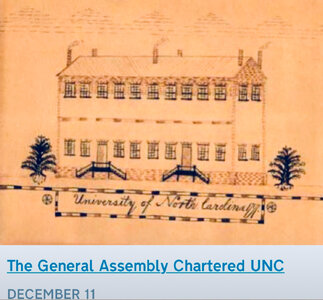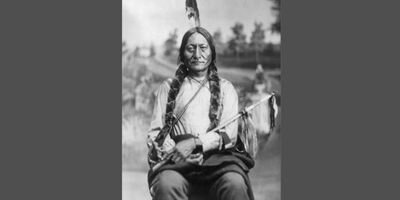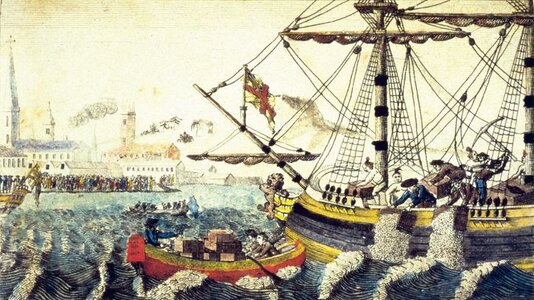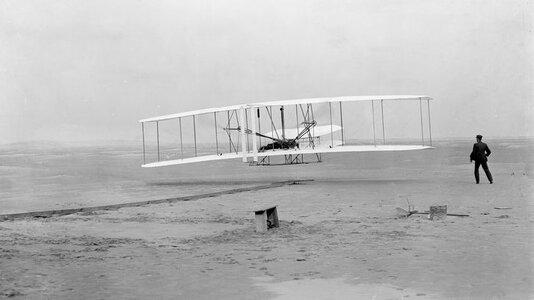donbosco
Inconceivable Member
- Messages
- 3,352

#OTD in 1789 the NC Gen’l Assembly passed the charter for UNC. The 1st State Constitution (1776) has called for the establishing of “one or more universities” but The War For Independence stalled the plan. Wm R. Davie was the strongest proponent & farmers in Orange gave 1,290 acres & funds. East, now Old East, was the first building, serving as dormitory & classroom. The doors opened on January 15, 1795 & first student, Hinton James arrived on February 12. The General Assembly Chartered UNC






